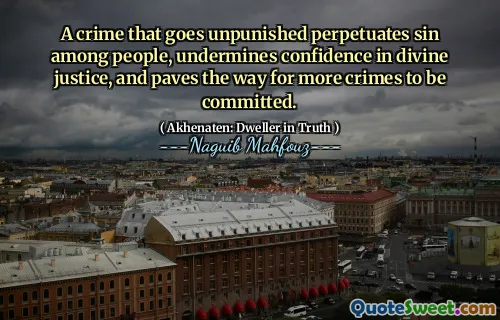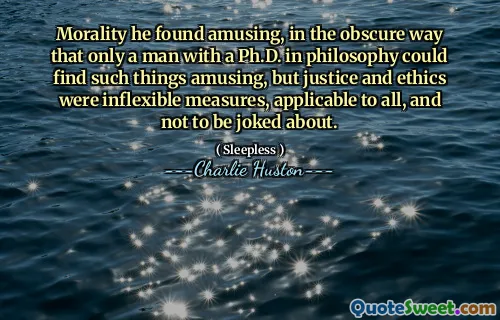Yes, suddenly I saw it like this: most people are fooled through a double erroneous belief: believe in the eternal memory {of people, things, acts, nations} and in the possibility of repair { of acts, errors, sins, injustices. Beliefs are false. The reality is precisely the opposite: everything will be forgotten and nothing will be repaired. The role of repair {of revenge and forgiveness} is carried out by oblivion. No one will repair the injustices that were committed, but all injustices will be forgotten.
The quote reflects a profound perspective on human existence, suggesting that many people are misled by two core beliefs: the idea that memories of people, actions, and events can endure forever and the belief that wrongdoings can be amended. These are portrayed as illusions that distract from the harsher truth of reality.
Kundera presents the notion that oblivion, rather than repair, holds power over history. He argues that while individuals may hope for justice, ultimately, injustices fade into obscurity, and memories will inevitably dissolve. This highlights a sobering acceptance of life's transience and the fleeting nature of remembrance.



